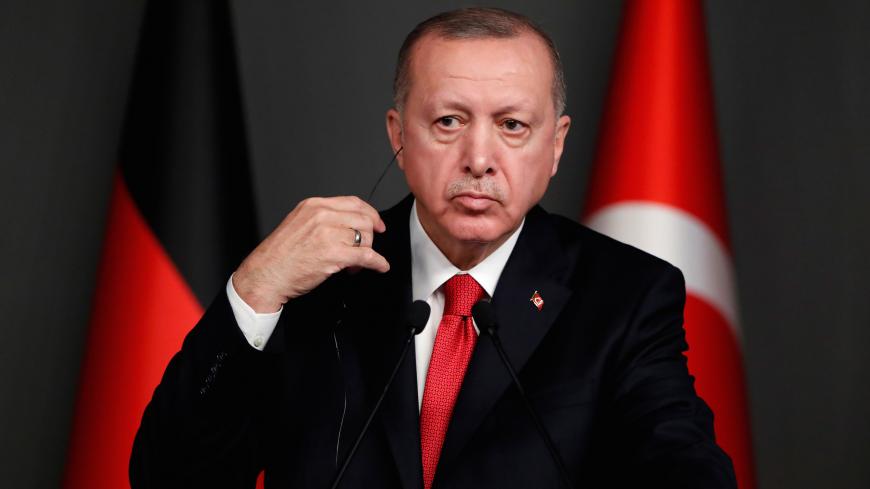Turkish President Recep Tayyip Erdogan told the parliament Feb. 19 that an operation against Syrian government forces in the rebel-held province of Idlib was “a matter of moments” after talks between Turkish officials and their Russian counterparts in Moscow failed to deliver “the desired result.”
Hours later, Turkey’s ambassador to the UN, Feridun Sinirlioglu, said Turkey would hit all regime positions that “constitute a threat to Turkey” unless they withdrew.



